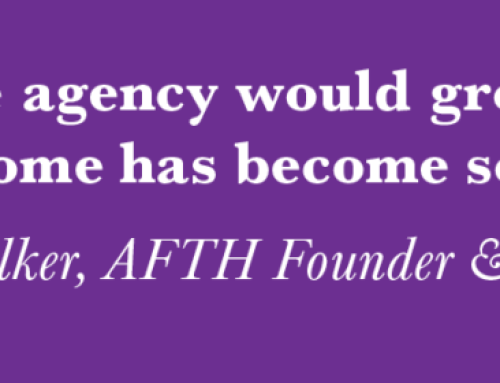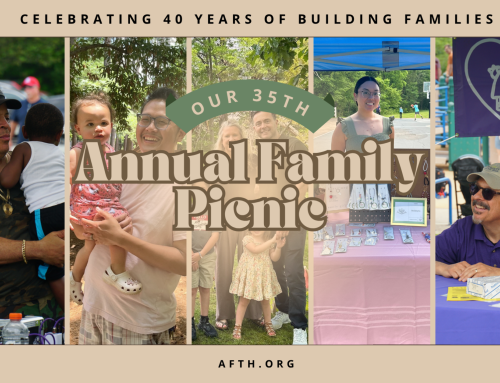
All too often prospective parents are left distressed and financially drained when they learn that their adoption cannot be fulfilled, due to the negligence or misconduct of an adoption facilitator. These entities usually have little experience in the adoption field and do not have the skill set to provide counseling, legal support and other vital resources. In addition, facilitators are often paid a costly, non-refundable fee – despite the fact that an adoption through a facilitator is more likely to fail than an adoption completed through an agency.
What is an adoption facilitator?
An adoption facilitator is any person or organization whose sole responsibility is to connect birth parent(s) with prospective adoptive parent(s). Unlike adoption agencies, adoption facilitators are typically unlicensed and unregulated, and can only provide matching services – which means families must seek other adoption professionals if additional services are needed.
State Laws
According to ChildWelfare.gov there are three states (Delaware, Kansas and Maine) that it is unlawful for any person or entity to act as a facilitator or intermediary to assist in the adoption of children. Most states require that only public agencies, licensed in-state or out-of-state private agencies and attorneys can legally place a child. In California, facilitators must be licensed and regulated. They are required to be fingerprinted, bonded and registered with California’s Department of Social Services.
In other states, there are no restrictions on the use of an out-of-state facilitator; these states include: Pennsylvania, Washington, Mississippi, Michigan, Ohio, and a few others. However, if the fees paid to a facilitator are considered “excessive,” a judge can choose NOT to finalize the adoption.
Disadvantages of Using an Adoption Facilitator
- Adoption facilitators do not have the knowledge to counsel, support and explain the adoption process, which leads to failed adoptions.
- Families who reside in states where payment to facilitators is illegal unwittingly pay fees to be matched with birth parents. As a result, the possibility of not being able to finalize increases.
- More than 15 states have specific laws against the use of adoption facilitators.
- Sometimes an adoption facilitator contract may expire. In which case, families must pay again or move on to an agency, attorney or renew with the facilitator.
- No guarantee that coercion has occurred or that pressure isn’t being placed on expectant parents to create an adoption plan.
- Facilitators lack professional, face to face counseling services that is sometimes required before and after placement.
The National Council For Adoption insists that both expectant parents considering an adoption plan and prospective parents hoping to adopt to work only with licensed nonprofit adoption agencies and attorneys. It is important to choose a fully qualified and experienced adoption service provider to ensure a safe and legal adoption
https://www.adoptioncouncil.org/images/stories/ncfa_adoption_advocate_no70.pdf





